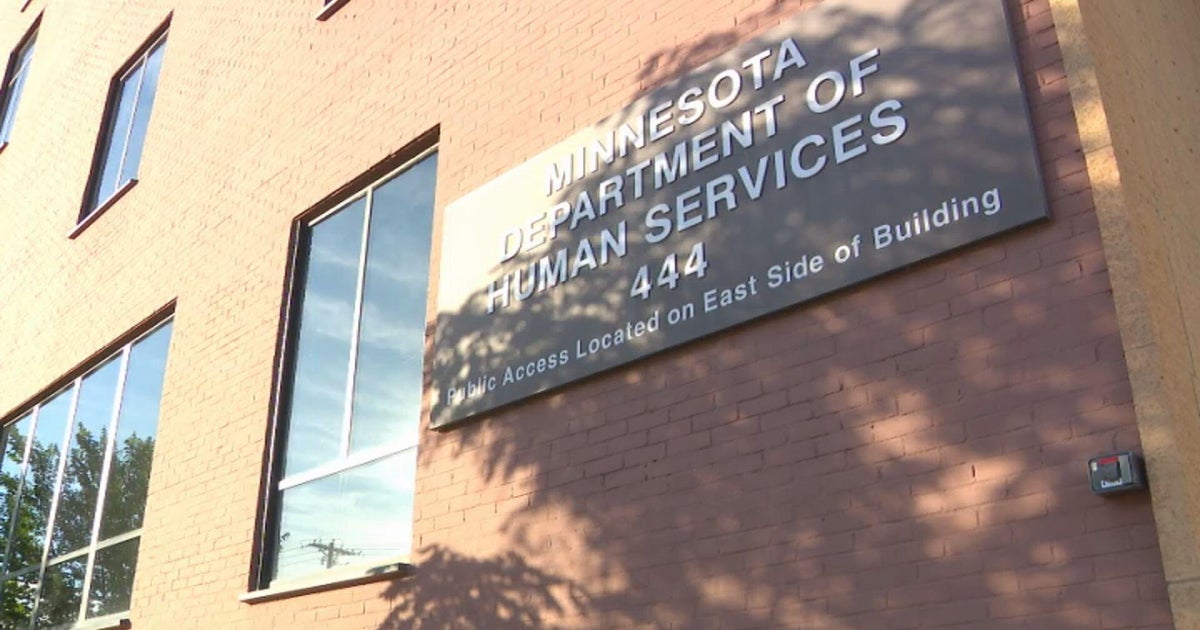Study: 1 In 3 Seafood Samples Mislabeled In S. Fla. Restaurants
MIAMI (CBS4) - The South Florida study by the Oceana Foundation follows a nationwide effort to identify what we're really eating, make sure we know where it comes from, and make sure it's as healthy as possible.
Their earlier testing in other parts of the country found fraudulently labeled fish more than 50% of the time.
Here in South Florida, researchers say it was a little better.
But Duston Cranor, Oceana's South Florida program director said, "The results are actually disturbing. Out of 96 samples from 60 businesses we found nearly 31 % were mislabeled, that's nearly 1 in 3 samples."
Rudy Lleonart says it's hard to find affordable, fresh seafood around South Florida.
He blames tough financial times for local distributors and restaurant operators for misleading consumers.
"Not surprised knowing how some businesses try to get away with low quality fish," said Lleonart. "I think it's the economic times, It's a money thing to get more profit..So their spread can be a lot larger to make more money on that."
So what's the most common mislabeled fish?
The local findings show 100% of white fish is mislabeled. Others include snapper, grouper and salmon as the most frequently misidentified seafood. Another is a fish called escolar. It's a mackerel that experts say can sometimes cause severe stomach cramps.
"It has what I'll call waxy esters in it and that is really a chemical that causes GI distress if you eat too much," said Dr. Mahmood Shivji, a marine genetics expert at Nova Southeast University. "You can get sick from that depending on the individual."
It's estimated less than 1% of the seafood imported in the United States is actually inspected to know what it really is.
Consumers are advised to buy whole fish whenever possible to better know what they're actually eating.
While mis-labeling seafood is against the law, there have been very few charges filed by state or federal prosecutors against the people responsible.
And in most cases, local distributors and restaurant operators may not be aware they're being scammed too.
For more information:







